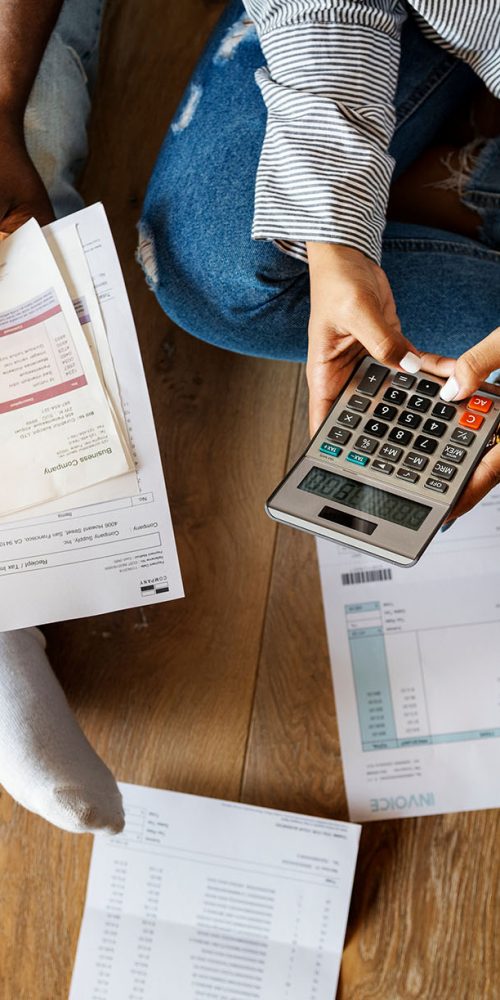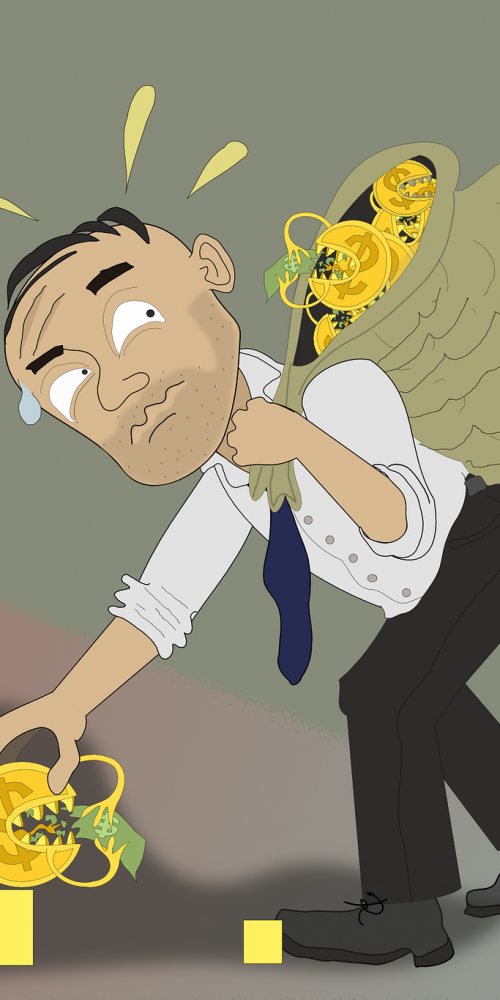Exploring the Transformation to a Cashless Society
 On September 1, 2015, the critical amendment of the contactless payment limit from £20 to £30 marked a significant turning point, symbolizing the rise of a cashless economy. While experts and visionaries forecast that this financial transition will reach its zenith in the next ten years, the debate regarding the decline of cash has persisted for over half a century. Interestingly, despite these forecasts, cash remains a vital element in our daily financial transactions and social exchanges.
On September 1, 2015, the critical amendment of the contactless payment limit from £20 to £30 marked a significant turning point, symbolizing the rise of a cashless economy. While experts and visionaries forecast that this financial transition will reach its zenith in the next ten years, the debate regarding the decline of cash has persisted for over half a century. Interestingly, despite these forecasts, cash remains a vital element in our daily financial transactions and social exchanges.
Even with the proliferation of digital payment alternatives, cash retains its significance for various compelling reasons that resonate with consumers. Cash offers not just convenience and dependability, but it is also accepted universally across diverse platforms and locations. One of its most valued attributes is its anonymity, which brings a sense of security to many users. In contrast, modern payment solutions—such as credit cards, mobile payment applications, smartwatches, and biometric payment methods—while facilitating effortless transactions, inevitably generate records of users' financial activities, raising substantial privacy concerns.
The emotional and psychological ties individuals have with cash are significant and cannot be disregarded. This attachment is often reflected in public reactions when coins and banknotes are phased out or changed. Currency acts not only as a medium of exchange but also as a representation of cultural values and historical contexts, solidifying its role as a crucial aspect of societal identity and continuity.
Many people express a genuine affection for their physical notes and coins, often admiring the intricate designs and unique characteristics of cash from various countries. This appreciation goes beyond mere visual appeal; it reflects a deeper connection to the tangible and physical elements of currency, sharply contrasting with the abstract qualities of digital transactions and electronic payments.
Additionally, people frequently perceive cash as more ‘genuine’ compared to digital payment forms. Using physical money for budgeting, particularly during social gatherings, can be an effective strategy for managing finances. The physical act of handling cash heightens awareness of spending habits, making it a preferred choice for many during social interactions or financial exchanges.
In terms of small gifts and gratuities, cash is often viewed as the most sincere and valued form of appreciation. The straightforward gesture of handing over a note or coin can convey warmth and gratitude in ways that digital payments commonly fail to express, thereby strengthening the social connections between people.
Despite these numerous advantages, certain regions have fully adopted a cashless paradigm. For instance, the London bus network has functioned without cash since 2014, while in the Netherlands, over 1,400 supermarkets have completely eliminated cash transactions, illustrating a growing trend towards digital payment systems across different industries.
Is the death of cash truly imminent? Will electronic payment systems completely eclipse physical currency as they evolve? Alternatively, might we find ourselves in a hybrid model that effectively merges the best features of both cash and advanced digital payment technologies, harmonizing the reliability of physical cash with the security enhancements of digital transactions?
Having been a fundamental component of our financial ecosystem for centuries, cash is unlikely to vanish without encountering significant pushback. Its enduring presence in society indicates that we will likely continue to utilize it in the foreseeable future, adapting to new trends while cherishing the familiar comforts of physical currency.
Debt Consolidation Loans are a UK based Debt Consolidation Loans Broker, We can help with any form of Debt Consolidation you may need.
Explore Insightful Articles to Elevate Your Financial Literacy
 Finance Scams You Should Be Aware Of
Finance Scams You Should Be Aware Of
Essential Awareness: Finance Scams You Must Know About
 Avoiding Costs of Unofficial Websites: Stay Safe Online
Avoiding Costs of Unofficial Websites: Stay Safe Online
Crucial Tips for Avoiding Costs of Unofficial Websites: Stay Vigilant Online
 Get Out of Debt Quickly: Effective Strategies to Consider
Get Out of Debt Quickly: Effective Strategies to Consider
Proven Strategies to Escape Debt Quickly: A Guide to Financial Freedom
 Avoiding Digital Trappings While Struggling with Debt
Avoiding Digital Trappings While Struggling with Debt
Navigating Financial Challenges: Avoiding Digital Traps While Managing Debt
 UK Debt Statistics: Will You Be Impacted?
UK Debt Statistics: Will You Be Impacted?
UK Debt Statistics: Key Insights and Their Impact on You
Comments are closed


The idea of transitioning to a cashless society is indeed fascinating, especially when we consider the significant historical context involved in such a move. I can relate to the sentiment that cash, despite its gradual decline, still holds a special place in our everyday lives. There’s something inherently humane about handing someone cash, whether it’s in a market transaction or making a small tip. It embodies an immediate and tangible connection to our resources, something that digital transactions can occasionally abstract away.
The transition to a cashless society is a topic that stirs a multitude of emotions and opinions, especially considering the various implications it has for our daily lives and broader societal structures. Reflecting on the points you’ve raised, it’s clear that while digital payments are growing, cash still plays a crucial role for many people. The enduring importance of cash, particularly its anonymity and universal acceptance, cannot be overstated.